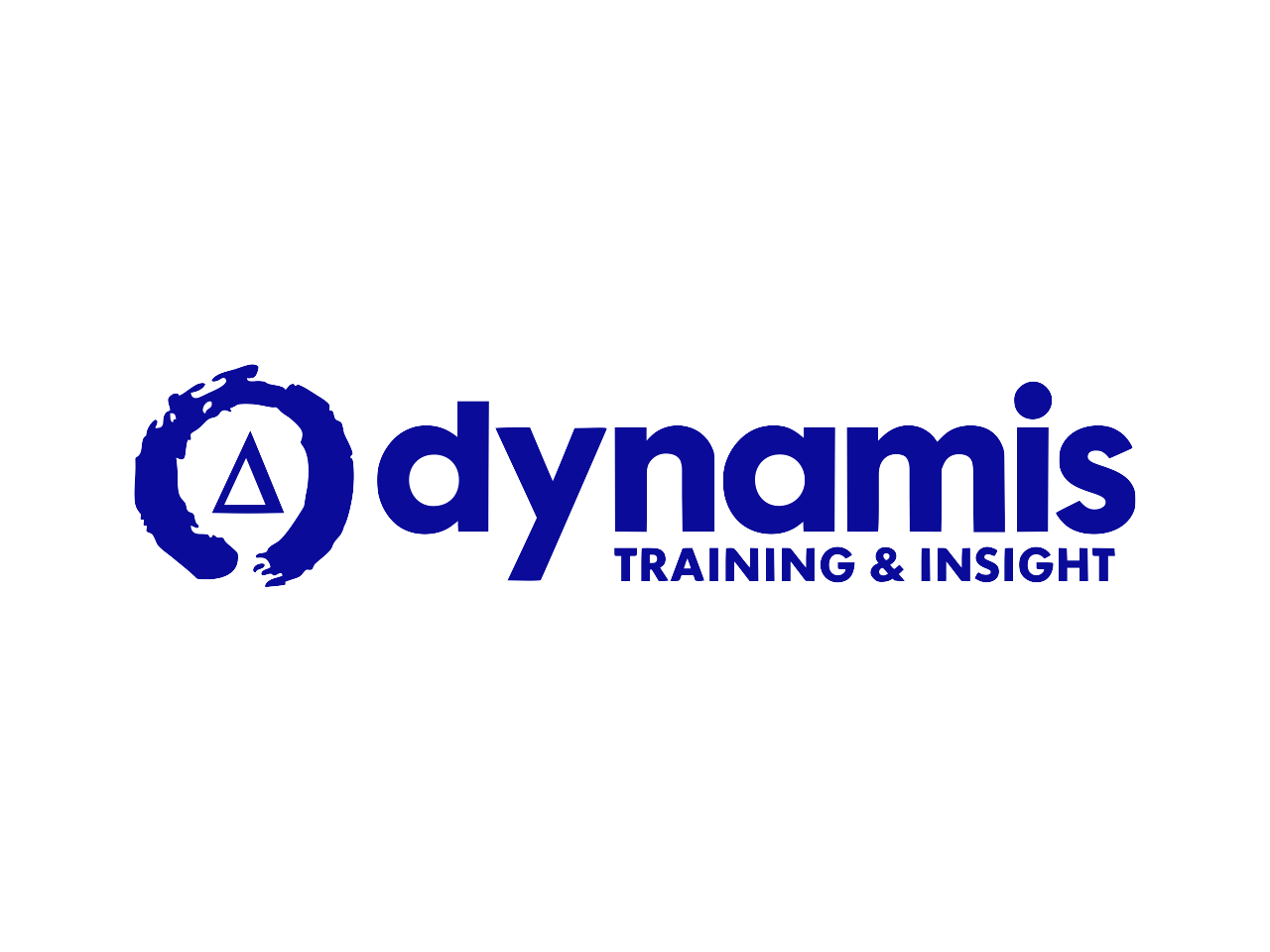How Deescalation Training Helps Colleges Foster a Healthy Social Contract
Colleges and universities are meant to be places of learning and growth, where students can develop their knowledge, skills, and social connections. However, these institutions are not immune to conflicts, which can arise from differences in opinions, cultural backgrounds, or values. To ensure that they foster a healthy social contract within their community, and on their campus, many colleges have implemented deescalation training programs. In this blog post, we will explore how deescalation training helps colleges create a positive and safe environment for everyone and provide examples of colleges that have implemented such programs.
What is Deescalation Training?
Deescalation training is a type of training that teaches individuals how to recognize the early signs of conflict and how to take action to prevent it from escalating further. The training focuses on techniques for effective communication, active listening, and conflict resolution. It also covers how to manage emotions during conflicts and how to stay calm and focused in difficult situations.
Why is Deescalation Training Necessary in Colleges?
Colleges are diverse communities, with students, faculty, and staff from a variety of backgrounds and cultures. Conflicts can arise from differences in opinions, beliefs, or values, or from misunderstandings and miscommunications. These conflicts can escalate quickly, causing harm to individuals and the community as a whole.
Deescalation training is necessary in colleges to help individuals manage conflicts effectively and prevent them from escalating further. The training provides individuals with the necessary skills to recognize the early signs of conflict and how to communicate effectively and resolve conflicts peacefully. By doing so, colleges can create a safer and more positive environment for everyone involved.
Examples of Colleges that Use Deescalation Training
University of California, Los Angeles (UCLA)
UCLA has implemented a deescalation training program to help its staff and student leaders manage conflicts effectively. The program, called “Conflict Resolution Education at UCLA,” provides participants with the necessary skills to manage conflicts in a variety of settings, including academic, personal, and professional. The program includes workshops, role-playing exercises, and one-on-one counseling sessions.
University of Wisconsin-Madison
The University of Wisconsin-Madison has implemented a deescalation training program for its campus police officers. The program, called “Procedural Justice and Deescalation Training,” provides officers with the necessary skills to manage conflicts with students and community members effectively. The training includes scenarios that officers might encounter on campus and teaches them how to communicate effectively, listen actively, and resolve conflicts peacefully.
Stanford University
Stanford University has implemented a deescalation training program for its resident advisors (RAs). The program, called “Conflict Resolution and Mediation Training,” provides RAs with the necessary skills to manage conflicts among their residents effectively. The program includes role-playing exercises, case studies, and discussions on how to communicate effectively and resolve conflicts peacefully.
Conclusion
Deescalation training is essential for colleges to foster a healthy social contract within their community and on their campus. The training provides individuals with the necessary skills to manage conflicts effectively, communicate effectively, and resolve conflicts peacefully. Colleges that implement deescalation training programs can create a safer and more positive environment for everyone involved, helping to promote learning, growth, and social connections.
